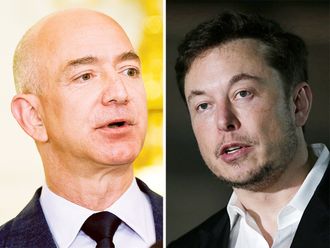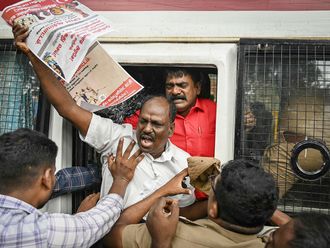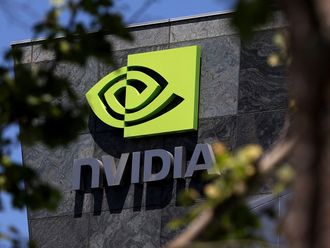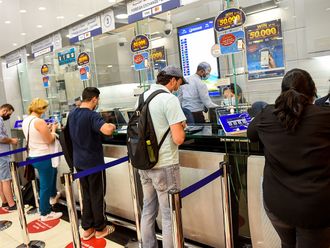Dubai: Higher oil prices is driving momentum in UAE’s private sector activity, with businesses reporting ‘renewed increase’ in jobs and new orders. In fact, for many businesses, the situation is such that they are ‘struggling’ to keep up with demand, according to the latest PMI numbers from S&P Global.
For now, the increase in orders – backlogs have risen to their highest in eight months – is helping businesses counter the threat from inflation. But inflation-linked costs are at their highest levels since November 2018, as the fallout from the Russia-Ukraine war and supply-side issues put the squeeze.
"The rate of job creation was the fastest seen for seven months, but was notably insufficient to avoid constraints on business capacity," S&P Global reports.
The UAE’s PMI (Purchasing Managers Index) for May is at 55.6 compared with 54.4 in April. The reading provides an insight into private sector activity over a month, with a figure above 50 suggesting solid activity. The May score ‘signalled one of the strongest improvements in the health of the non-oil economy in the last three years’.
According to David Owen, Economist with S&P Global Market Inteligence, "Despite the end of the Expo, firms continued to cite rising order book volumes and increased tourism, although this was partly helped by a renewed decline in average prices charged. For now, PMI data suggest that companies are choosing to absorb extra costs rather than pass them onto customers, but this is unlikely to continue indefinitely."
The main headwind to the (UAE) non-oil sector in May was inflation. Input costs rose at the quickest rate since November 2018, as companies widely noted higher fuel prices as well as increased costs for a wide range of materials such as aluminum, steel, wood and chemicals
Buoyed by orders
Non-oil output during May touched a five-month high and just fell short of the ‘post-pandemic record’ set in December last. Businesses reported more orders coming from overseas clients too.
"A number of firms offered lower prices to their customers, resulting in a renewed decrease in average prices charged," S&P Global notes. "While there were some efforts to pass on higher costs, this was offset by sales campaigns amid reports of strong price competition. This followed the first rise in output charges for nine months in April."
demand and expectations of higher sales’. The degree of confidence has picked up ‘slightly’ from April, but remains weak compared to the survey trend.











